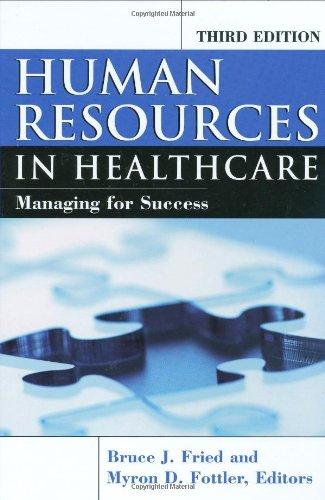Dr. Zhivago grew up in a small town in North Carolina. He was extremely intelligent and did
Question:
Dr. Zhivago grew up in a small town in North Carolina. He was extremely intelligent and did well in college and medical school. After a fellowship in thoracic surgery, he was offered positions, with extremely good employment terms and conditions, in various reputable medical practices throughout the United States.
Feeling some duty to his hometown, however, Dr. Zhivago decided to return to his local community to practice medicine. He was offered and accepted employment with a multispecialty group practice. The practice paid his expenses to relocate back to his hometown and required him to sign an employment agreement that contained a noncompetition provision.
Being a trusting person, Dr. Zhivago did not seek an attorney’s advice before signing the agreement. After several years of working at this practice, Dr. Zhivago fell in love with a patient who resided in another small town about 30 miles away. After this patient’s recovery, Dr.
Zhivago proposed marriage and agreed to move and to work in his fiancé’s hometown.
He opened a private practice in this town.
After giving notice to his employer, however, Dr. Zhivago received a stern letter from the employer’s counsel, reminding him of his employment agreement. The agreement’s noncompetition provision prevented him from working as a thoracic surgeon within a 60-mile radius of his current employer for one year after leaving employment. Given the rural nature of the community, Dr. Zhivago was the only thoracic surgeon within a 90-mile radius of either practice. He would have to move to the big city to practice medicine, leaving all the residents of his hometown (as well as those of his new wife’s hometown) without a practicing thoracic surgeon.
Case Questions
1. Given that such agreements restrict competition, under what circumstances should a court enforce a covenant not to compete?
2. In general, courts will enforce a covenant not to compete if it is (1) in writing, (2) entered into at the time of employment as part of the employment contract, (3) based on reasonable consideration, (4) reasonable with respect to time and territory, and (5) not against public policy. Using this as a guide, how should the court decide in this case? For additional information, see Iredell Digestive Disease Clinic, P.A., v. Petrozza, 92 N.C.App. 21, 373 S.E.2d 449 (1988), aff’d per curiam, 324 N.C.327, 377 S.E.2d 750 (1989).
Step by Step Answer:

Human Resources In Healthcare Managing For Success
ISBN: 9781567932997
3rd Edition
Authors: Bruce Fried, Myron D. Fottler





